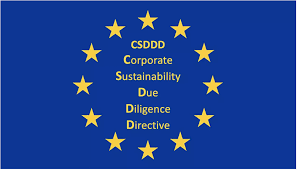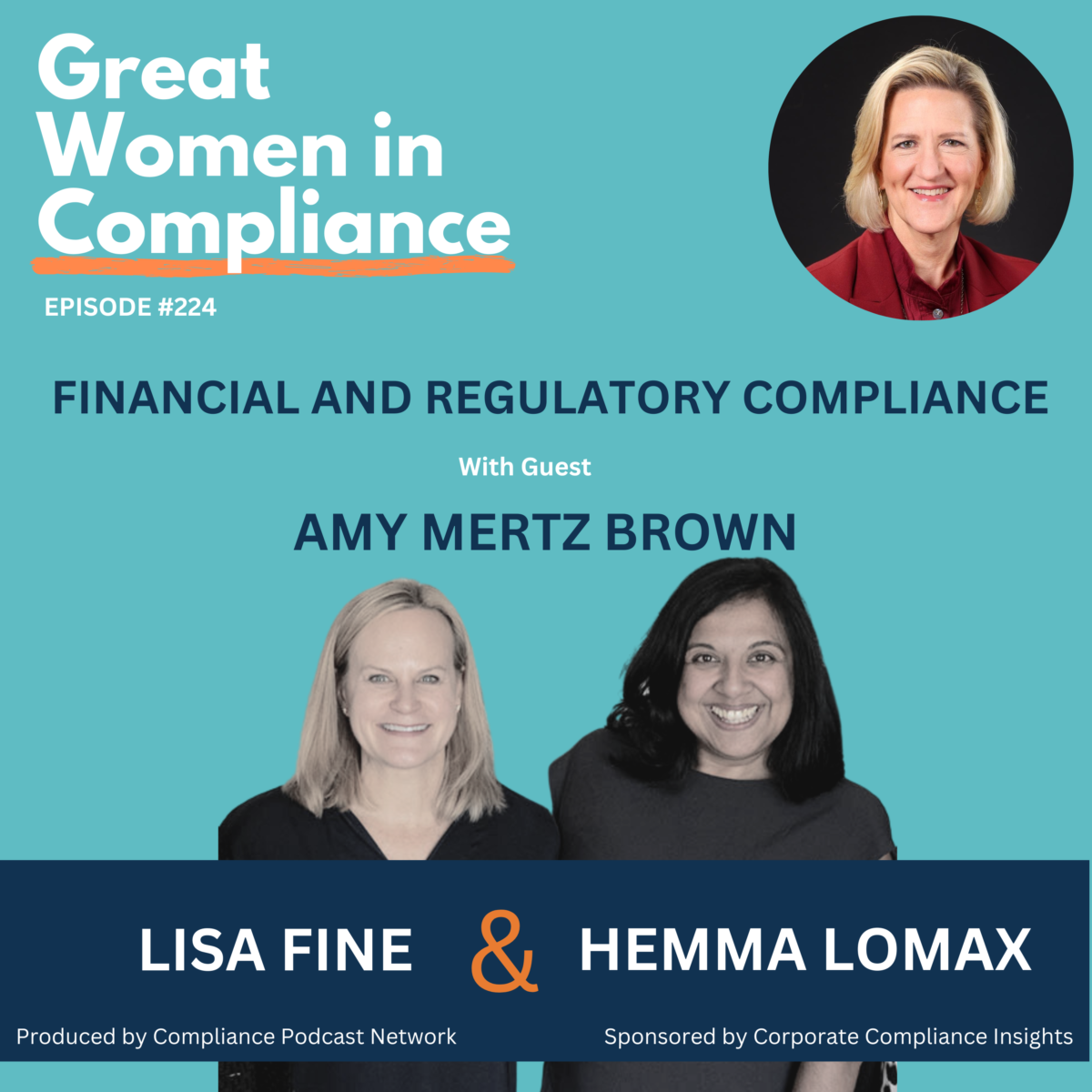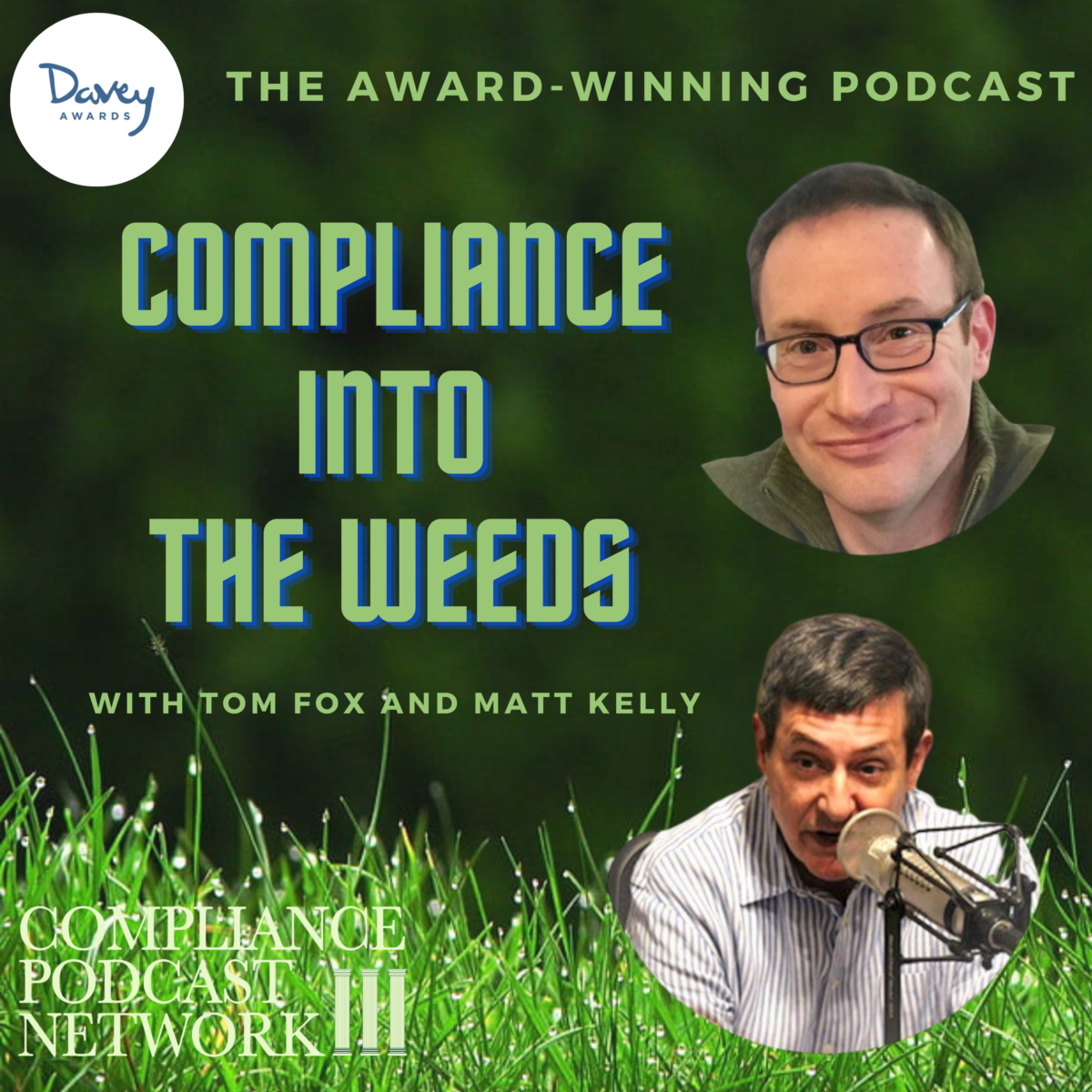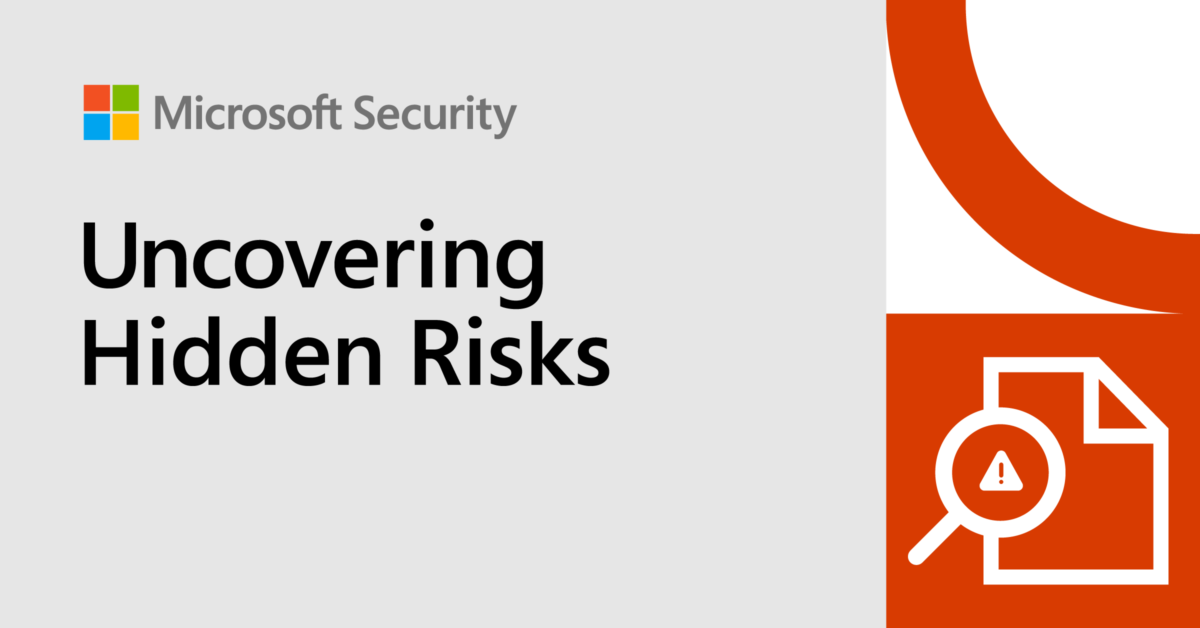Regarding corporate social responsibility and data protection, impact assessments and due diligence can seem like a labyrinth of legal jargon and regulatory requirements. However, understanding the importance of these processes is crucial for any corporation looking to not only comply with regulations but also build trust with customers and stakeholders. In this blog post, we will dive into the intricacies of impact assessments and due diligence, answering common questions and providing practical tips for corporations navigating the complexities of the Corporate Sustainability Due Diligence Directive (CSDDD).
We will consider the following questions:
- What role does GDPR compliance play in navigating the complexities of the CSDDD?
- Why are privacy impact assessments important for the CSDDD?
- How can corporations comply with the CSDDD?
In the ever-evolving landscape of corporate responsibility and ethical governance, staying ahead of regulatory directives is crucial for businesses looking to comply and positively impact society and the environment. One such directive that is making waves in the corporate world is the CSDDD. In the wake of its near full adoption by the European Council, the implications of this directive are profound, prompting organizations to rethink their approach to sustainability, human rights, and environmental impact.
The parallels between the CSDDD and the General Data Protection Regulation (GDPR) serve as a reminder of the importance of proactively addressing ethical considerations within corporate governance. Just as with the GDPR, which focuses on data privacy and protection, the CSDDD underscores the necessity of corporate diligence in ensuring environmental responsibility, human rights protection, and fair business practices.
GDPR compliance is a critical component of navigating the complexities of the CSDDD. GDPR sets strict guidelines for how companies handle the personal data of EU citizens. By ensuring compliance with GDPR regulations, corporations can demonstrate their commitment to data protection and privacy, essential for building trust with customers and stakeholders in today’s data-driven world. One of the key components of GDPR compliance is to conduct regular audits of your data processing activities to ensure compliance with GDPR requirements. Implement robust data protection measures, such as encryption and access controls, to safeguard personal data and mitigate the risk of data breaches.
The essence of both GDPR and CSDDD is to take a proactive approach to compliance. By instilling a culture of responsibility within the organization, companies can effectively navigate the complexities of regulatory frameworks like the CSDDD. From conducting impact assessments to tracking progress and publishing annual statements, the directive emphasizes transparency and accountability in corporate operations.
Compliance with the CSDDD requires a proactive approach to data protection and privacy. Corporations must establish robust data governance frameworks, implement privacy-by-design principles, and regularly audit their data processing activities. By prioritizing data protection and privacy, corporations can demonstrate their commitment to responsible data management and build trust with customers and stakeholders. You should work to develop a data protection policy that outlines your organization’s commitment to data protection and privacy. Train employees on data protection best practices and provide ongoing support to ensure compliance with the CSDDD.
This is also true of privacy impact assessments (PIAs), essential for identifying and mitigating privacy risks associated with data processing activities. By conducting a PIA, corporations can assess the potential impact of their data processing activities on individuals’ privacy rights and take steps to minimize any adverse effects. PIAs are especially important in the context of the CSDDD, where data protection and privacy are paramount concerns. You should work to integrate privacy impact assessments into your data processing workflows to identify and address privacy risks proactively. Engage with data protection authorities and stakeholders to ensure transparency and accountability in your privacy practices.
While the CSDDD is a European directive, its reach extends beyond the EU’s borders, impacting US companies with significant operations or income derived from the region. This broad scope necessitates a thorough evaluation of supply chains, supplier relationships, and potential risks associated with non-compliance. The CSDDD’s requirements for due diligence and supplier engagement underscore the interconnected nature of global business operations.
As organizations strive to align with the CSDDD, integrating existing laws and guidelines from related legislation, such as GDPR, becomes essential. From incorporating OECD guidelines to addressing human rights and environmental impact, companies must adopt a comprehensive approach to compliance. By leveraging technological solutions and strategic staffing, businesses can streamline their compliance efforts and enhance their impact on society and the environment.
The convergence of directives like the CSDDD and GDPR heralds a new era of ethical governance for businesses worldwide. By embracing the principles of sustainability, human rights protection, and environmental stewardship, organizations can meet regulatory requirements and contribute to a more responsible and equitable corporate landscape. As we navigate the complexities of corporate responsibility, let us heed the lessons from these directives and strive to do the right thing, both ethically and legally.
Navigating the complexities of impact assessments and due diligence in the context of the CSDDD may seem daunting. Still, with a proactive approach to data protection and privacy, corporations can demonstrate their commitment to responsible data management and build trust with customers and stakeholders. By prioritizing GDPR compliance, conducting privacy impact assessments, and implementing robust data protection measures, corporations can navigate the complexities of the CSDDD effectively.










